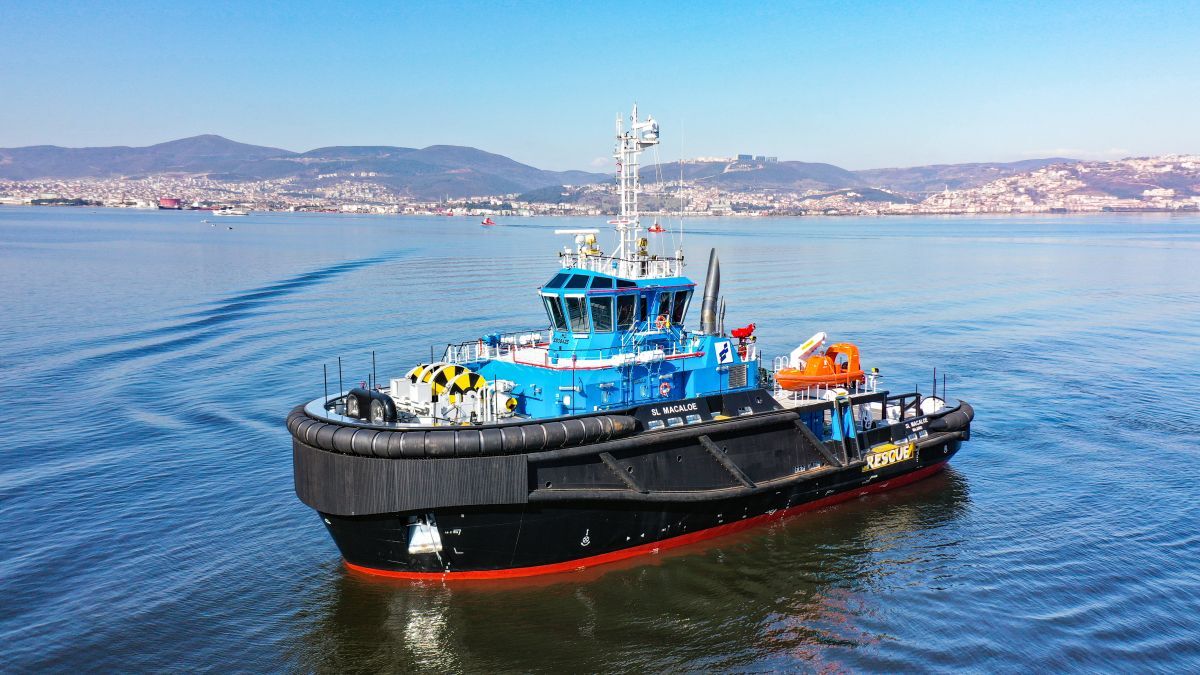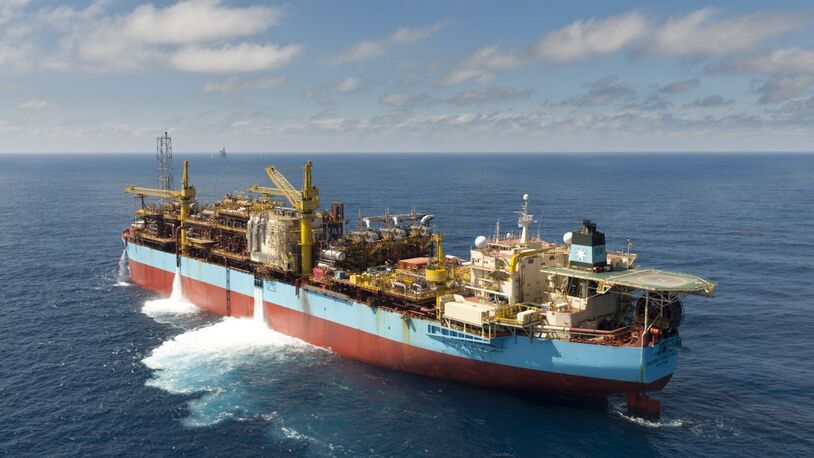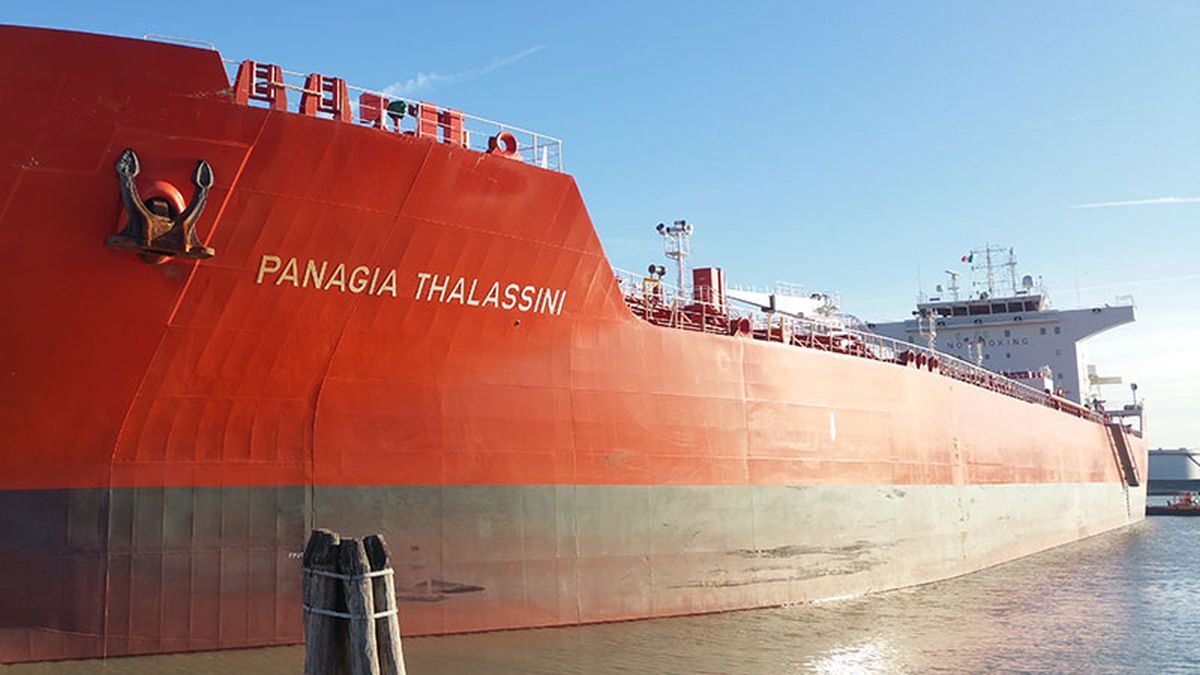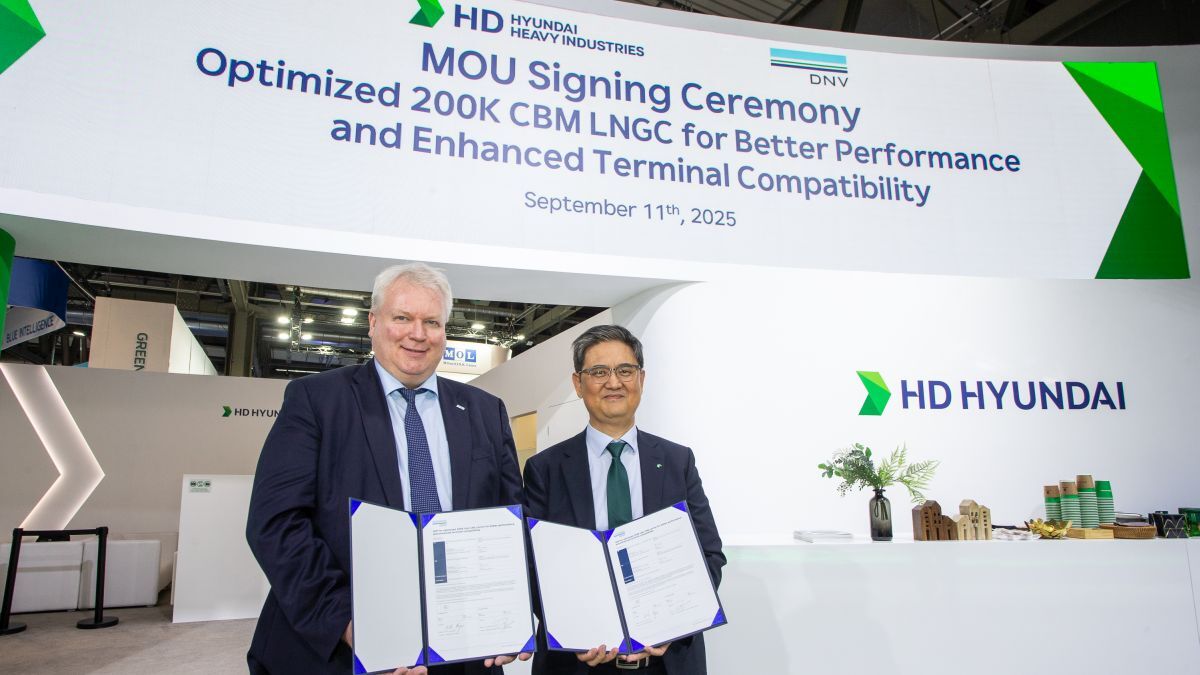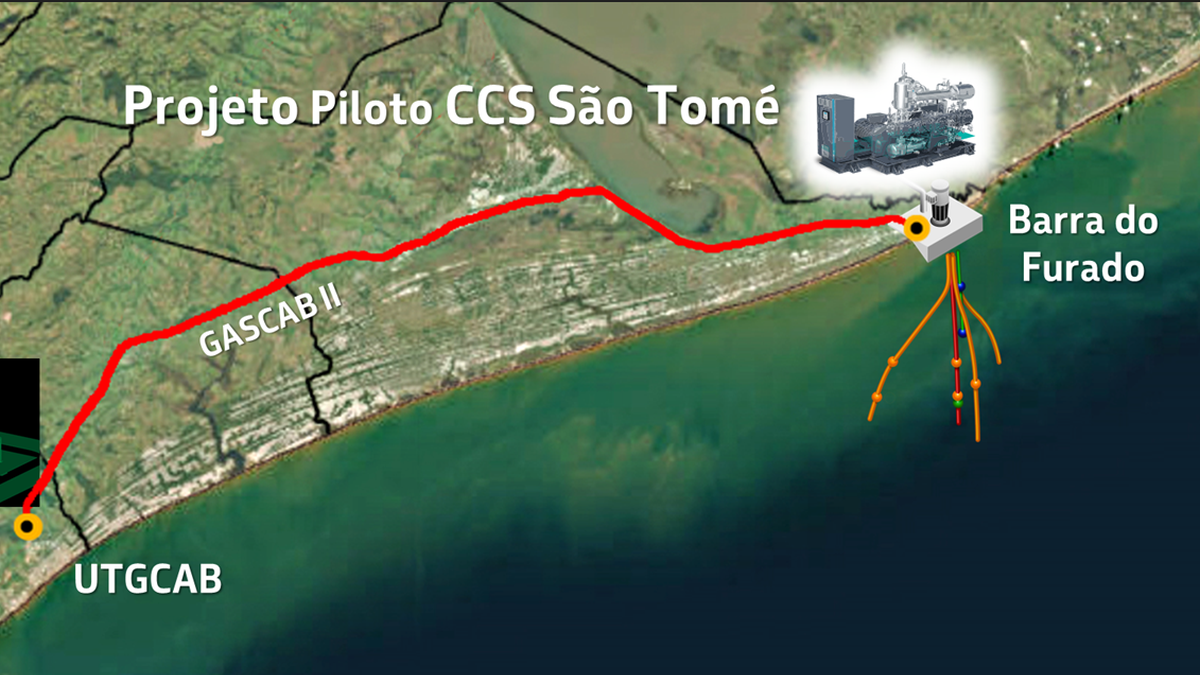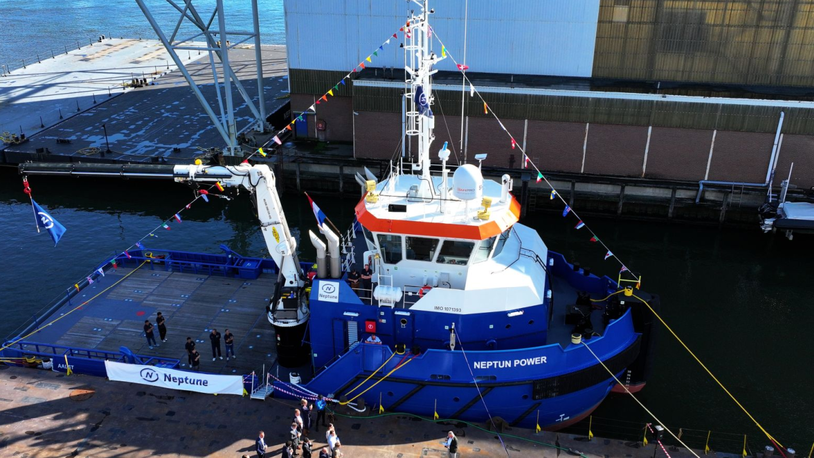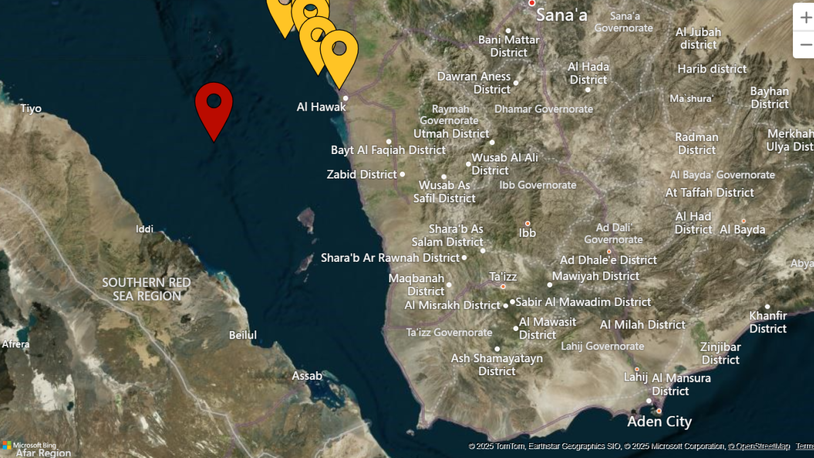Business Sectors
Contents
Register to read more articles.
Remote floating LNG raises more marine challenges
Deployment of floating LNG facilities and storage, regasification units in more remote locations creates greater maritime and competency challenges for providers of marine services and tanker handling
Deployment of floating LNG (FLNG) facilities and floating storage regasification units (FSRUs) continues to accelerate as developers seek faster timelines, lower environmental footprints and better adaptability to global energy market needs.
These projects are introducing rising demand, for specialised tugs for supporting LNG carriers docking at these offshore and coastal terminals and ship-to-ship (STS) transfers.
“We see growing demand for LNG-specific towage solutions, especially in areas with floating units where sea conditions are variable,” said Smit Lamnalco LNG business and project development director, Andrew Brown, as he addressed the tug and terminal interface.
Smit Lamnalco provides marine support services to LNG terminals, including FSRUs, and has been involved in new projects offshore Africa and the eastern Mediterranean.
“In these environments, mooring and unmooring operations must be conducted quickly, safely and often in tandem with STS transfers,” Mr Brown said.
“Retaining high competency levels is challenging”
He added that having the right equipment on standby is critical. “We work closely with terminal operators and shipowners to ensure the tugs are not just present but optimally positioned and outfitted. LNG operations demand a higher level of co-ordination than conventional oil terminals.”
Mr Brown noted that automation and remote diagnostics are entering the LNG towage space, with increased use of integrated mooring systems that communicate directly with shore-based control.
He also highlighted the importance of joint training and education for seafarers involved in providing marine services and STS transfers for these FLNG and FSRU projects.
“Retaining high competency levels is challenging,” he said. “We need more training, such as side-by-side training for pilots, tug masters and LNG carrier captains in simulators, so they can see what is happening.”
More of these FLNG and FSRU projects are being installed further from shore in challenging environments, where wave heights can exceed 3 m, bringing more operational challenges.
“Remote locations mean higher operating expenditure in marine services and pilotage and logistics,” said Mr Brown. There are also more challenges with emergency response and facility safety. “Emergency response planning is needed for each facility. The role of marine services should be interlocked into these emergency response plans.”
Similar challenges and marine services are required for offshore oil production and export in deepwaters, such as off West Africa and South America, where new facilities are being deployed and larger tankers require assistance.
Smit Lamnalco has gained a multi-year contract from ExxonMobil to provide offshore terminal support services at the US oil major’s deepwater floating production storage and offloading (FPSO) vessels in the Stabroek block, in Guyana.
For this contract, Smit Lamnalco has ordered four terminal tugs with DP2-class dynamic positioning from Turkey’s Uzmar Shipyard to support tankers and FPSOs.
These 60-m vessels will provide terminal support activities, including operational, maintenance and logistics support, and static towage during tanker lifting operations.
Based on Robert Allan Ltd’s RAmpage 6000-DE design, each tug will have a bollard pull ahead exceeding 130 tonnes, and astern of 120 tonnes bollard pull, FiFi1 fire-fighting capabilities and equipment for emergency response.
Smit Lamnalco anticipates the first of these towing and anchor-handling tugs would be delivered in Q1 2028, with subsequent quarterly deliveries thereafter.
ExxonMobil has four FPSOs, leased from or operated by, SBM Offshore and Modec, in the Stabroek block. In August, One Guyana FPSO producing from the Yellowtail field, joined FPSOs Destiny, Unity and Prosperity, bringing total installed capacity in Guyana to above 900,000 barrels of oil per day.
Uzmar has built tugboat fleets for Smit Lamnalco in the past, with the latest deliveries supporting the Coral Sul floating liquefied natural gas (FLNG) project offshore Mozambique.
Three RAstar 4200, Bureau Veritas-class tugs – SL Macaloe, SL Matemo, and SL Ibo – were completed in Q1 2022. They have an overall length of 42 m, a moulded beam of 16 m, a depth of 6.9 m, and FiFi1fire-fighting systems and oil recovery equipment.
Additional reporting: Craig Jallal and John Snyder
Andrew Brown will address challenges in emergency planning and response for LNG shipping at Riviera’s LNG Shipping & Terminals Conference, to be held in London, 21-22 October 2025
Related to this Story
Events
Maritime Decarbonisation, Europe: Conference, Awards & Exhibition 2025
Offshore Support Journal Conference, Americas 2025
LNG Shipping & Terminals Conference 2025
© 2024 Riviera Maritime Media Ltd.


